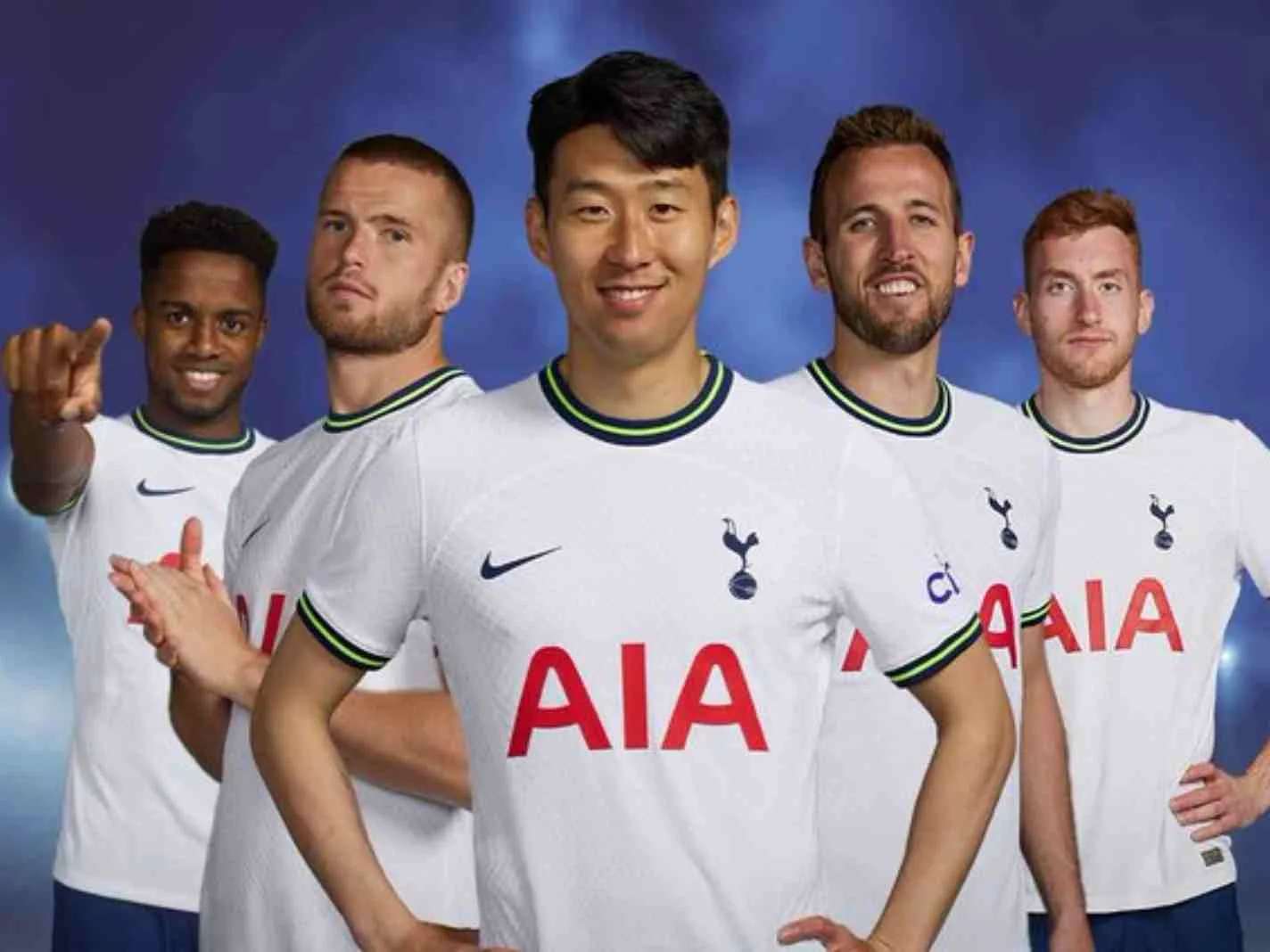In recent years, several countries have resorted to sports sponsorship as a means of promoting their image and boosting their tourism industry. For instance, Rwanda is one of the countries that has sponsored the English football club Arsenal, with the aim of promoting its “Visit Rwanda” campaign.
South Africa, a country plagued by economic challenges, is another African nation to partake in such dealings, but have caused a stir due to the proposed sponsorship deal with Tottenham Hotspur.
The proposed deal with Tottenham, which has an enormous price tag of nearly 1 Billion Rand, or approximately 57M USD, has received backlash from the citizens, who believe the money could be better utilized elsewhere, such as for fixing power blackouts, water shortages and high levels of unemployment. This proposed sponsorship deal has sparked a heated debate about the allocation of resources in the country and has come under criticism from various quarters.
The Congress of South Africa Trade Unions (CoSATU), the country’s largest trade union federation, has criticized the deal, calling it an insult to struggling workers and taxpayers. They added, “This is a misguided vanity project that will contribute nothing to fix the ailing tourism industry that has not only suffered from Covid-19 but is also sabotaged by electricity cuts and high crime levels.”
National sports federations have also added their voices to the criticism, stating that the funds intended to finance the proposed sponsorship could be better utilized in helping financially challenged national bodies and local athletes.
The nation’s richest man, Johann Rupert, also had his say in the matters.
President Cyril Ramaphosa has also voiced his objections to the proposal, citing the high reported cost of nearly 1 billion Rand as a reason for his opposition. The government’s top leadership has yet to receive a briefing on the planned sponsorship, and Ramaphosa has not included any mention of it in his upcoming annual state-of-the-nation address. Spokesman Vincent Magwenya expressed the government’s stance on the matter, saying, “Considering the current state of affairs, we do not believe that such a large expenditure in the proposed manner can be justified”.
Tourism South Africa confirmed that its board had given preliminary approval to the sponsorship, however, it is still being discussed with government officials. While the Daily Maverick news website reported that the contract could be worth about 1 billion Rand, the government agency declined to comment on the value, citing confidentiality agreements. Tottenham Hotspur also declined to comment on the matter.
Tourism in South Africa has been severely impacted by the coronavirus pandemic and related travel bans, and currently only generates around 3% of the country’s Gross Domestic Product. The ongoing electricity outages have deterred holidaymakers from visiting the country, undermining efforts to revive the industry.
In response to the criticism faced by the proposed sponsorship deal between South Africa’s tourism agency and Tottenham Hotspur, Acting CEO of Tourism South Africa Sthembiso Khumalo addressed the concerns by clarifying that the agency’s focus on boosting tourism is separate from the responsibilities of other departments, such as those dealing with infrastructure and public services.
He emphasized that the investment of such size in the deal would bring in a projected return of 88 billion Rand ($5.1 billion) from foreign tourist spending from the UK and the US, the country’s two largest tourism markets. He further explained that the sponsorship is a solid business case that would drive foreign investment into South Africa.
The details of the sponsorship include branding on the team’s kit, match-day advertising, interview backdrops, stadium hospitality, partnership announcements, and training camps in South Africa.
In essence, despite the public outrage, the South African Tourism board has stated that it intends to proceed with the proposed three-year sponsorship deal. Tottenham are unable to fix its own fortunes for now, but hopefully, they can help South Africa.

